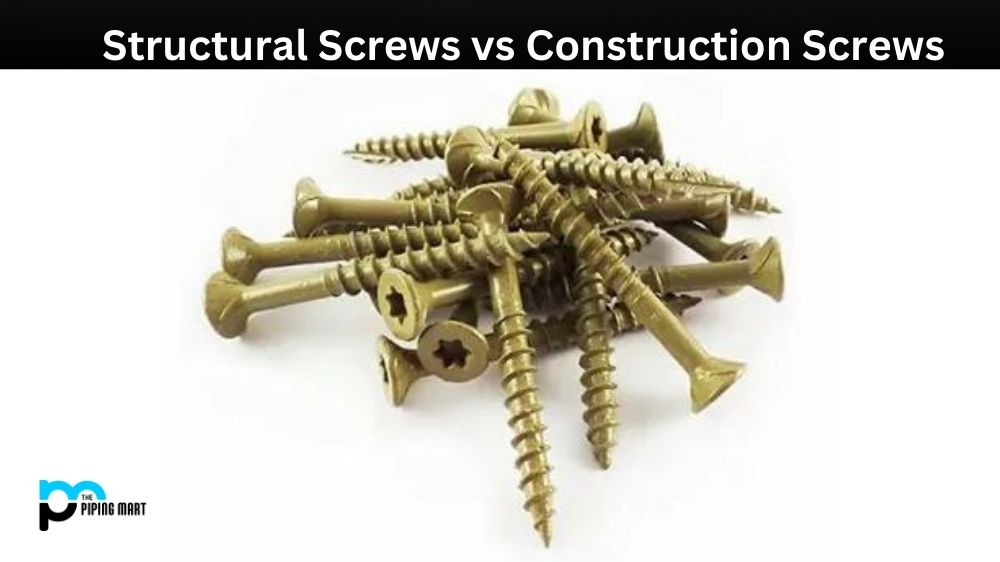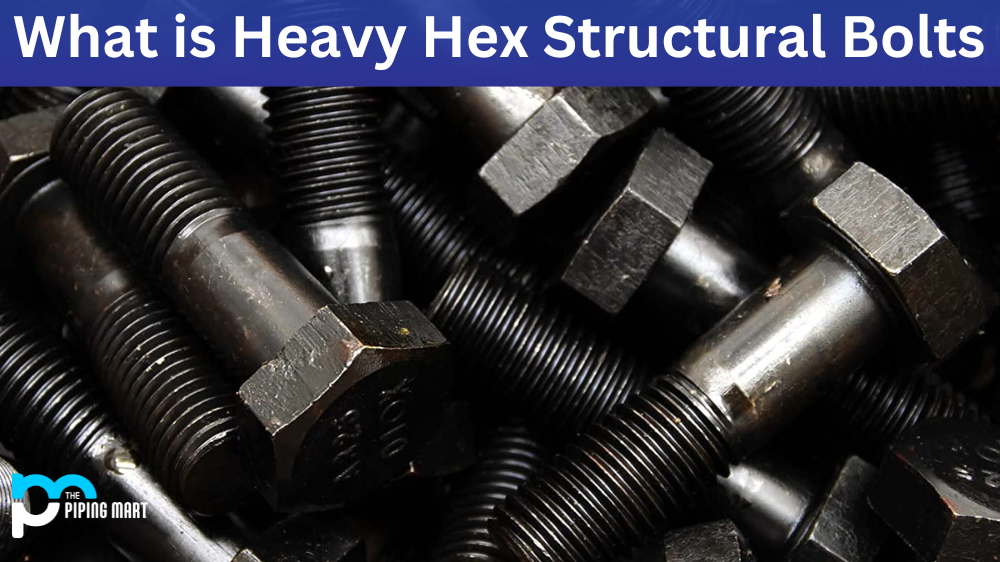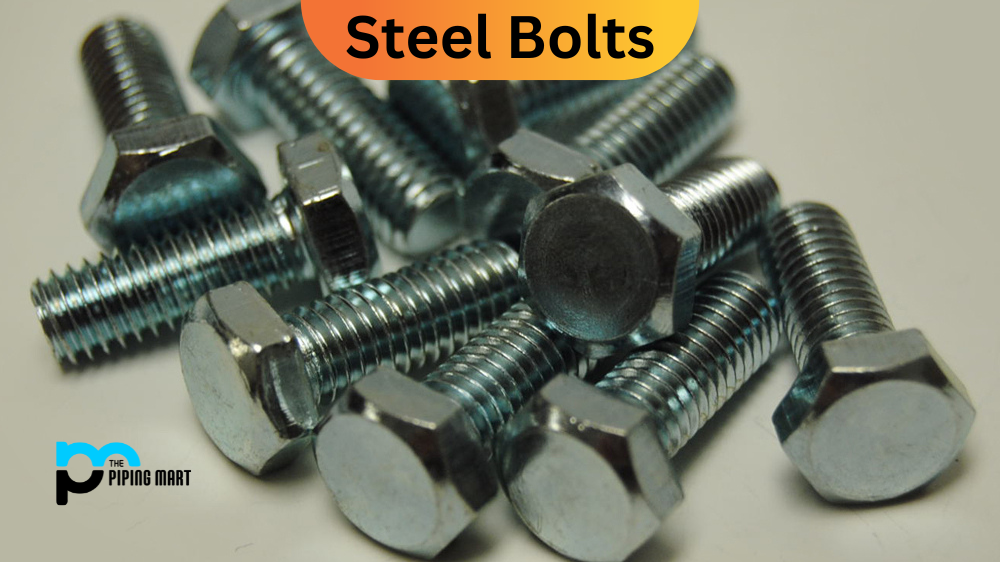When it comes to construction, it’s essential to use the right type of screws to get the job done correctly. But with so many varieties of screws available, it’s easy to become overwhelmed. Two of the most commonly used screws in construction are structural screws and construction screws. While they may look similar, they have significant differences that make them suitable for specific applications. In this blog post, we’ll explore the differences between structural screws and construction screws, so you can decide which screw to use.
What is Structural Screws?
Structural screws are a type of screw designed specifically for structural applications and are used in the construction of buildings for fastening wooden components. They are made from steel and usually have larger diameter heads than regular wood screws, making them more resistant to pull-out forces. Additionally, they feature threads that penetrate further into the receiving material than most other types of fasteners, providing greater holding power in demanding applications.
What is Construction Screws?
Construction screws are self-tapping screws that are specially designed for heavy-duty construction projects. They feature a wide thread design and aggressive tip angles, enabling them to bite into the surface of wood, drywall, or metal, creating a tight connection with minimal effort. Their unique shape and properties require an appropriate driver bit tool for installation, making them ideal for indoor or outdoor applications where heavier-duty fasteners are needed.
Difference Between Structural Screws and Construction Screws
Material:
Structural screws are made from hardened steel with a coating to prevent corrosion, making them ideal for outdoor use. This construction type consists of a thicker shank and small body than other screws, providing increased strength. In contrast, construction screws are also made from steel but don’t have the strength of structural screws.
Application:
Structural screws are ideal for tasks that require a high degree of strength, such as building decks and framing houses. They can also attach heavy materials to concrete or other surfaces. On the other hand, construction screws are best for less strenuous activities like building furniture, bookshelves or repairs.
Thread Clearance:
Another difference between structural screws and construction screws is the thread clearance. Structural screws have more spacing between their threads, allowing them to move through material easier. This feature prevents the screw from snapping off or splitting the wood. Construction screws have less thread clearance, making them ideal for tightly holding the material.
Length:
Structural screws are available in lengths up to 12 inches, which makes them perfect for working with thicker wood. They have a longer thread length than construction screws, which makes them strong enough to penetrate thicker materials and still have a good hold. Conversely, construction screws are available in lengths of only a few inches, making them easy for smaller projects.
Price:
Probably the most significant difference between these screws is the price. Structural screws are more expensive than construction screws because they require additional hardening and coating. In contrast, construction screws are cheaper because they have less hardening and come uncoated.
Conclusion:
As you can see, structural screws and construction screws have significant differences, making one screw more suitable than the other, depending on the application. Whether you’re building a deck or furniture, understanding the type of screw you need is crucial to project success. Be sure to consider your budget, the strength requirements of the project, and the type of material you’re working with before picking one type of screw. Look out for good quality screws to ensure you get value for your money and that the screw will stand the test of time. With this information, you are now in the best position to choose the right screw.

Hey, I’m Krutik, a casual blogger expert in the metal industry. I am passionate about providing valuable information to my readers. With a background in engineering and construction, I like playing Cricket & watching Netflix shows in my free time. Thank you for visiting my blog, and I hope you find my information helpful!




